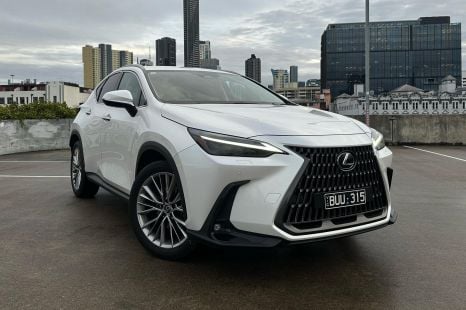

William Stopford
3 Days Ago
Mitsubishi is reportedly pulling out of the Chinese market due to the rapid rise of EVs and intense competition from local manufacturers.
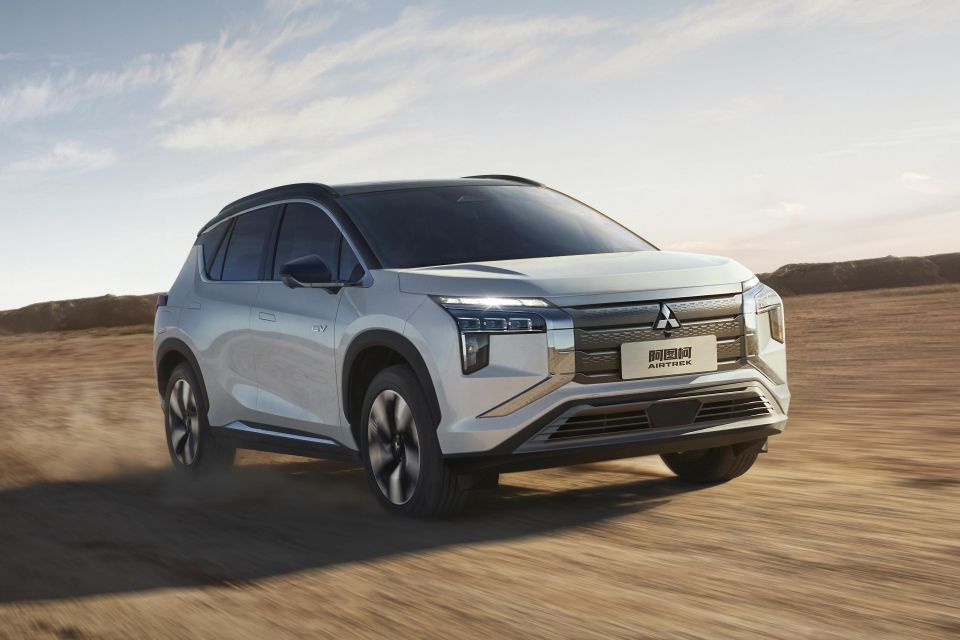
Many foreign brands are struggling in China as domestic brands continue to rise, and now Mitsubishi is set to throw in the towel.
The Japanese manufacturer will reportedly shut its only factory as it struggles to claw back sales against stiff Chinese competition.
Nikkei Asia reports talks have begun between Mitsubishi and joint-venture partner Guangzhou Automobile Group (GAC) for the Japanese brand to withdraw from automotive production.
GAC-Mitsubishi only owns one production plant, located in Hunan, at which production was halted in March and has yet to resume. To maintain a certain level of employment, GAC-Mitsubishi will reportedly now use the plant for electric vehicle (EV) production.
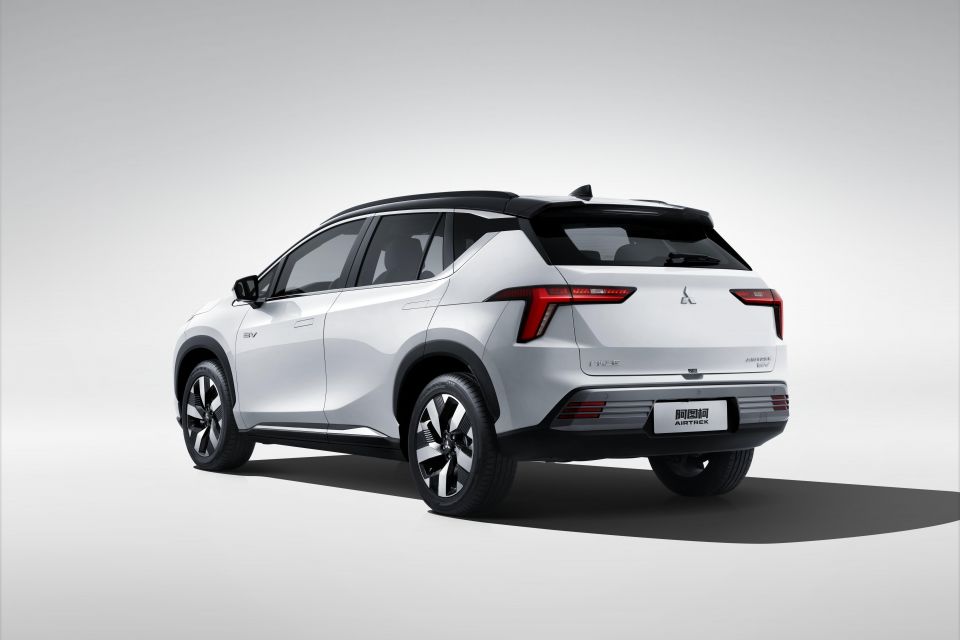
GAC currently owns half of GAC-Mitsubishi, with Mitsubishi Motors owning 30 per cent and Mitsubishi Corp. owning the remaining 20 per cent.
Mitsubishi Corp. and Mitsubishi Motors will reportedly withdraw their investments while GAC-Mitsubishi will remain as a corporate entity.
Last year, Mitsubishi reportedly only sold 38,550 cars in China, which was down roughly 60 per cent on the previous year.
In a bid to reverse its downward trajectory, Mitsubishi introduced the plug-in hybrid Outlander, which too reportedly fell below sales targets. Apart from the Outlander, Mitsubishi sells the ASX, Eclipse Cross, Triton and Airtrek.
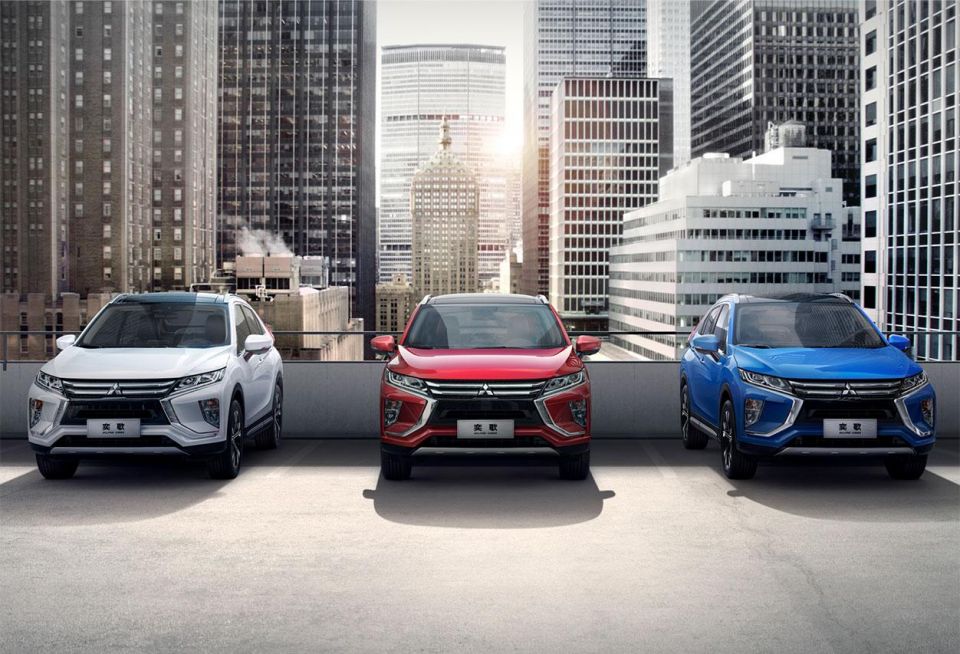
Mistubishi has reportedly been caught out with the rapid rise of EVs in China. The brand has only one EV, the Airtrek, which was developed by GAC.
According to the China Association of Automobile Manufacturers, EV sales now account for 20 per cent of new car sales in China totalling 5.36 million cars, an 80 per cent increase across 2022.
Mitsubishi isn’t alone in feeling the heat in the Chinese market.
Research firm MarkLines reveals passenger car sales in China in 2022 totalled 23.56 million units, of which Chinese manufacturers accounted for 50.7 per cent of sales – up 5.2 per cent on the previous year.
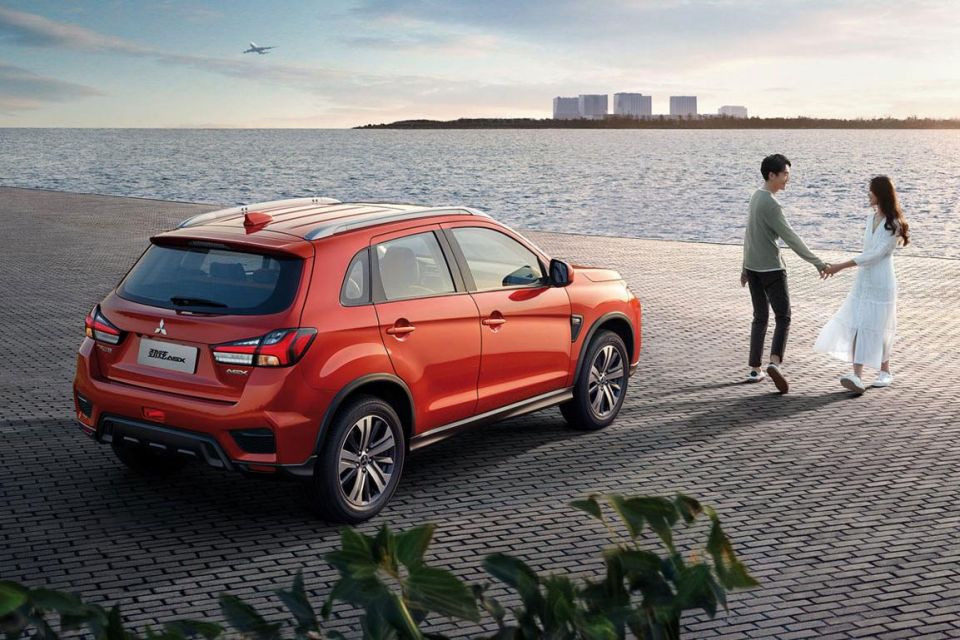
This is in contrast to Japanese manufacturers, who total 18.3 per cent of the market, down 2.8 per cent compared to 2021.
The Renault-Nissan-Mitsubishi Alliance announced what it called its ‘leader-follower model’ in 2020, with one of the Alliance’s manufacturers nominated as the leader in each vehicle segment and each major market.
As ASEAN and Oceania are key markets for Mitsubishi (those markets reportedly account for a third of all sales), the brand will oversee the regional strategy for the Alliance for that area.
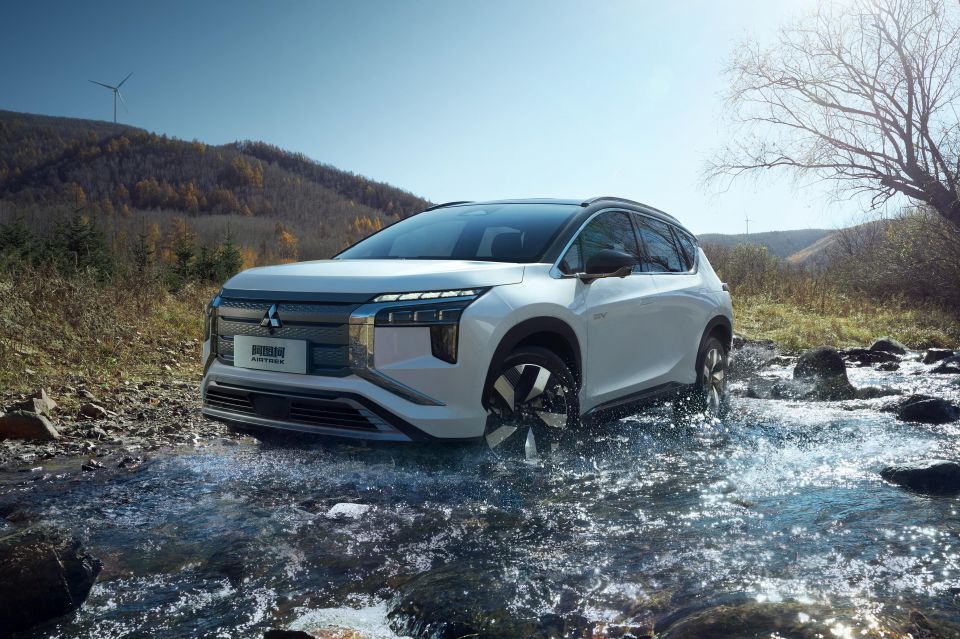
Subsequently, Mitsubishi announced in 2020 it was withdrawing from Europe, only to reverse course in 2021. The brand has subsequently added a pair of rebadged Renaults to its lineup there.
Of the three members of the Alliance, Nissan is the strongest in China; Renault withdrew from its joint venture with Dongfeng in 2020, though it has established ties with Geely.
However, Nissan president and CEO Makoto Uchida has expressed concern about market conditions there.
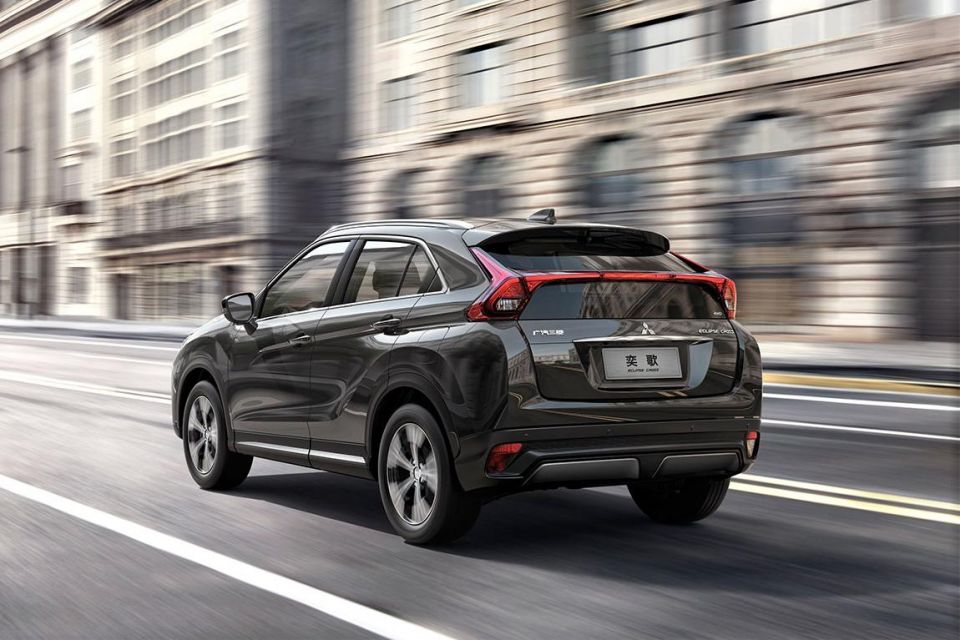
“We are not at a level where we can make a profit due to extremely heavy discounting,” he said.
“We are considering our options, including reviewing our strategy such as our joint ventures in China.”
Mitsubishi first exported commercial vehicles to China in the 1970s, and established a joint venture with local firm Soueast in the 2000s.
The GAC-Mitsubishi joint venture was established in 2012. Sales peaked in 2018 with 140,000 cars sold.
Take advantage of Australia's BIGGEST new car website to find a great deal on a Mitsubishi.


William Stopford
3 Days Ago
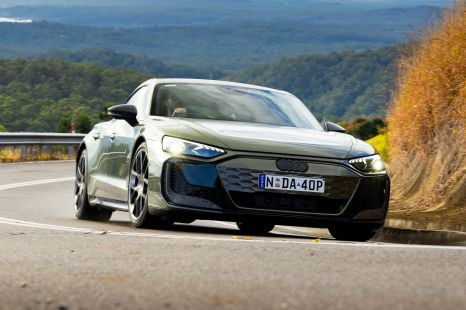

James Wong
3 Days Ago
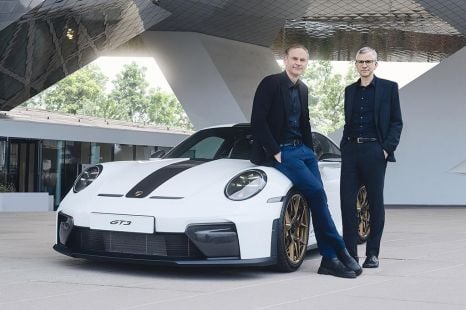

Damion Smy
2 Days Ago
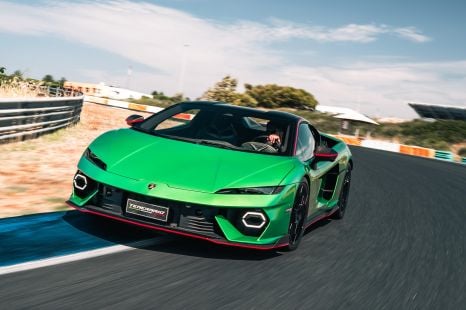

Alborz Fallah
2 Days Ago
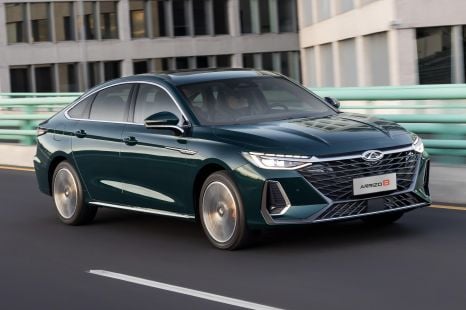

Max Davies
2 Days Ago
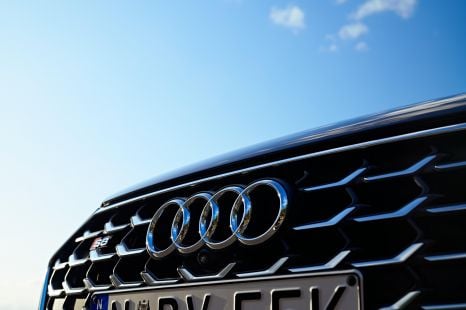

William Stopford
1 Day Ago